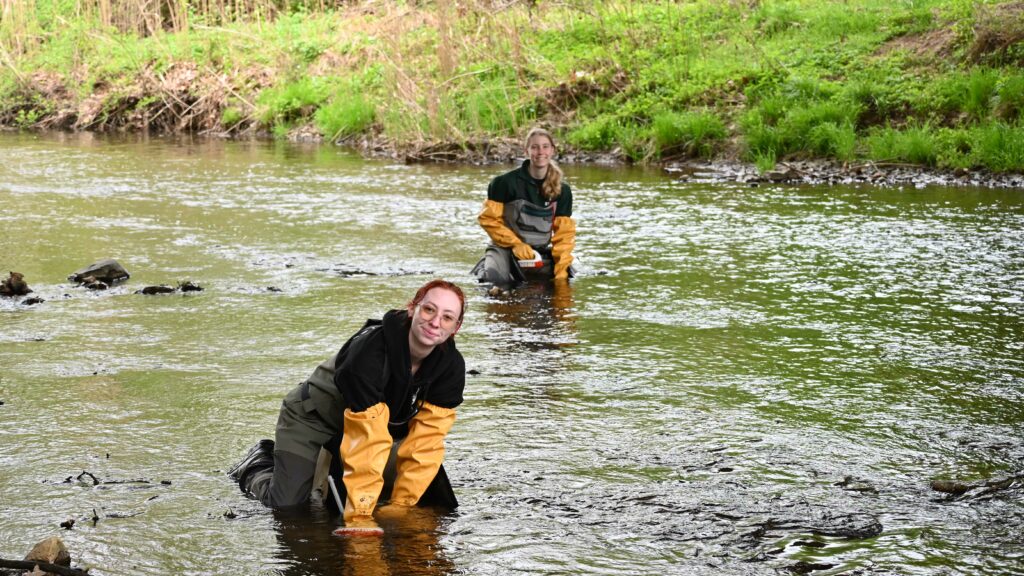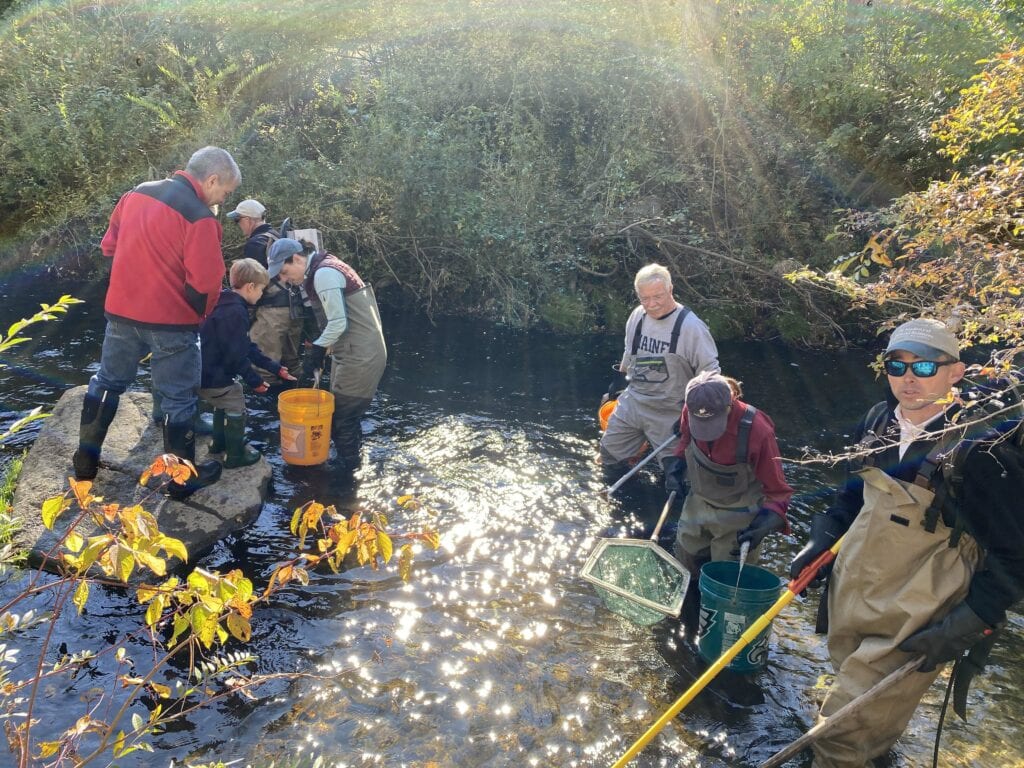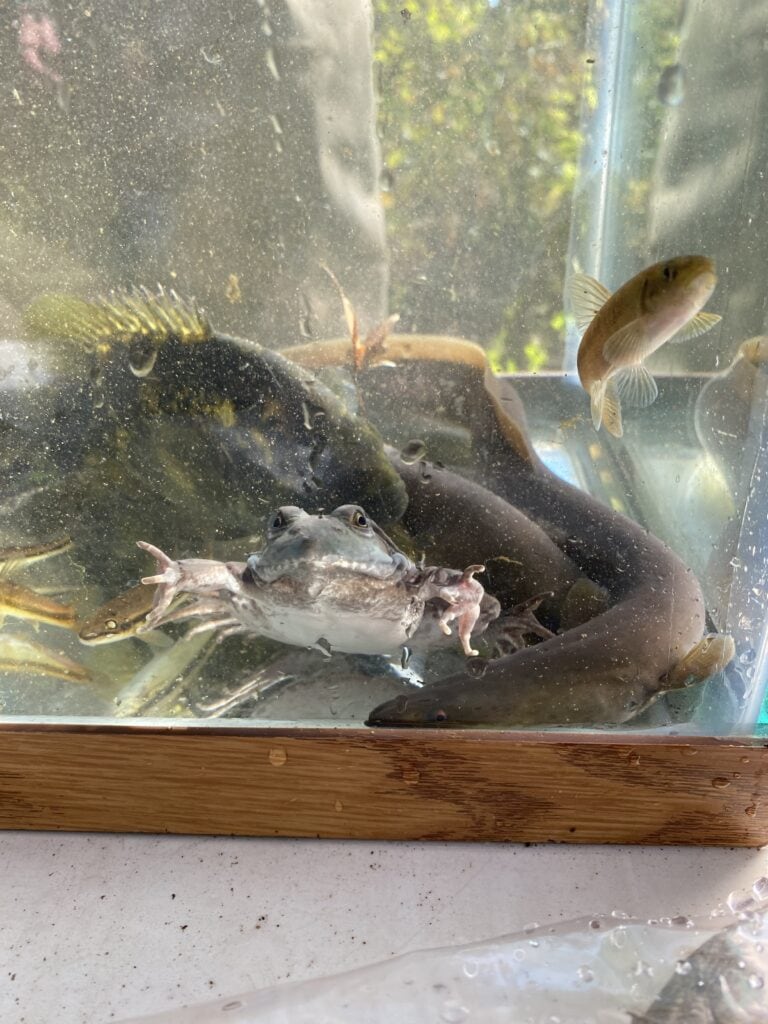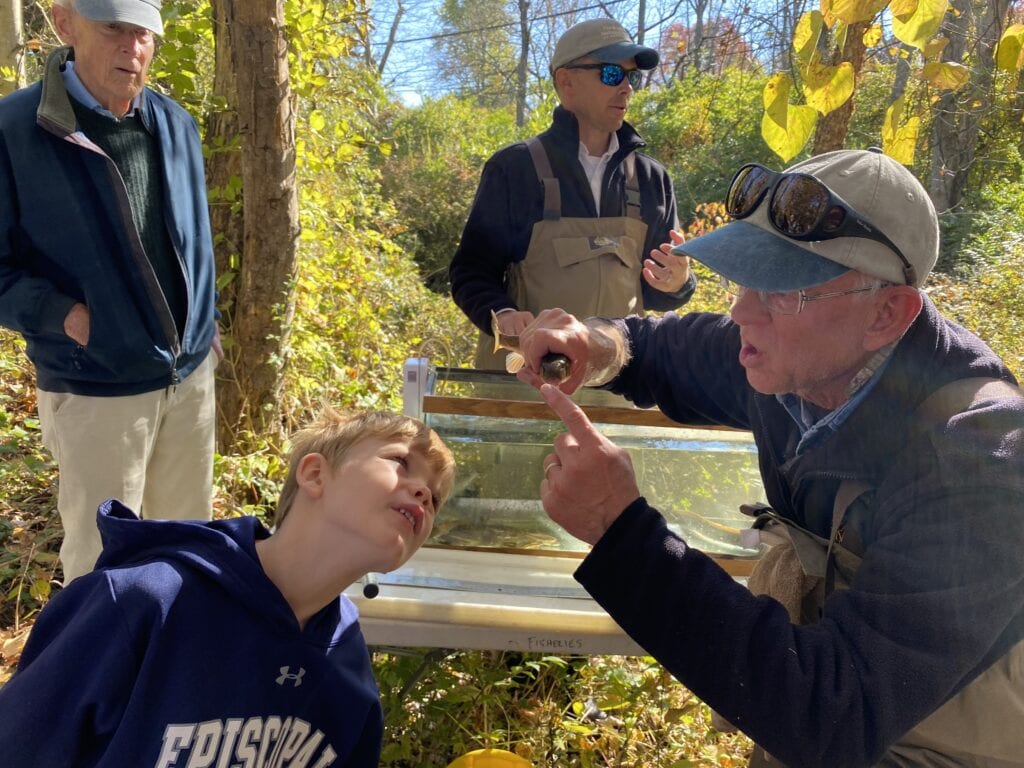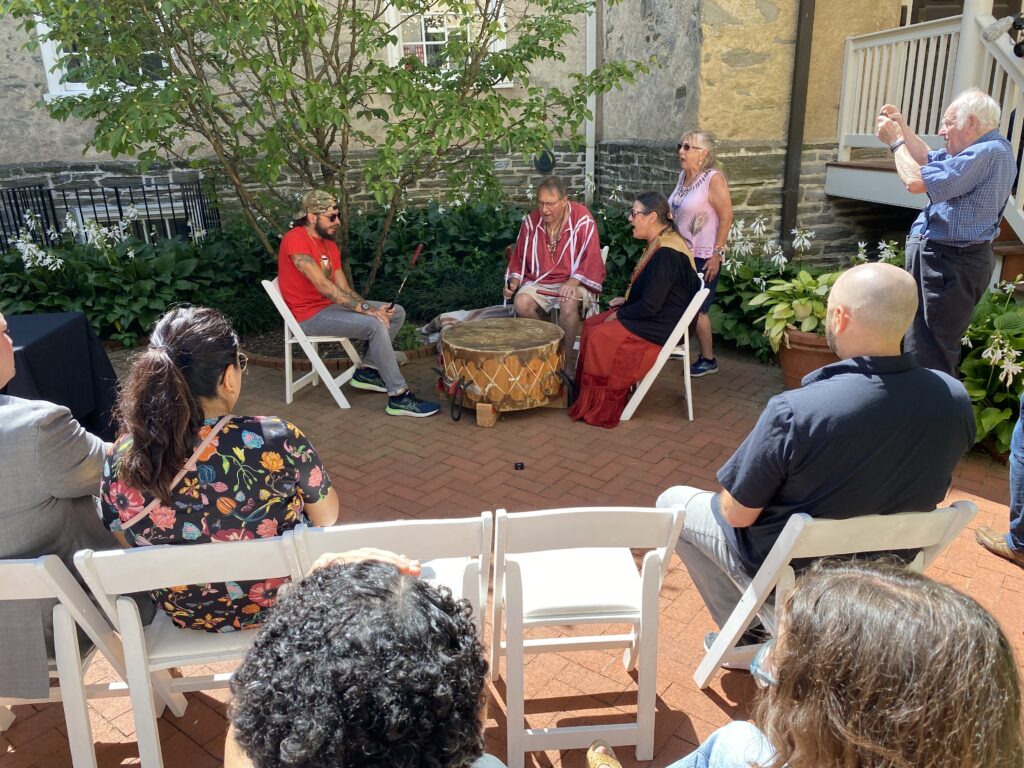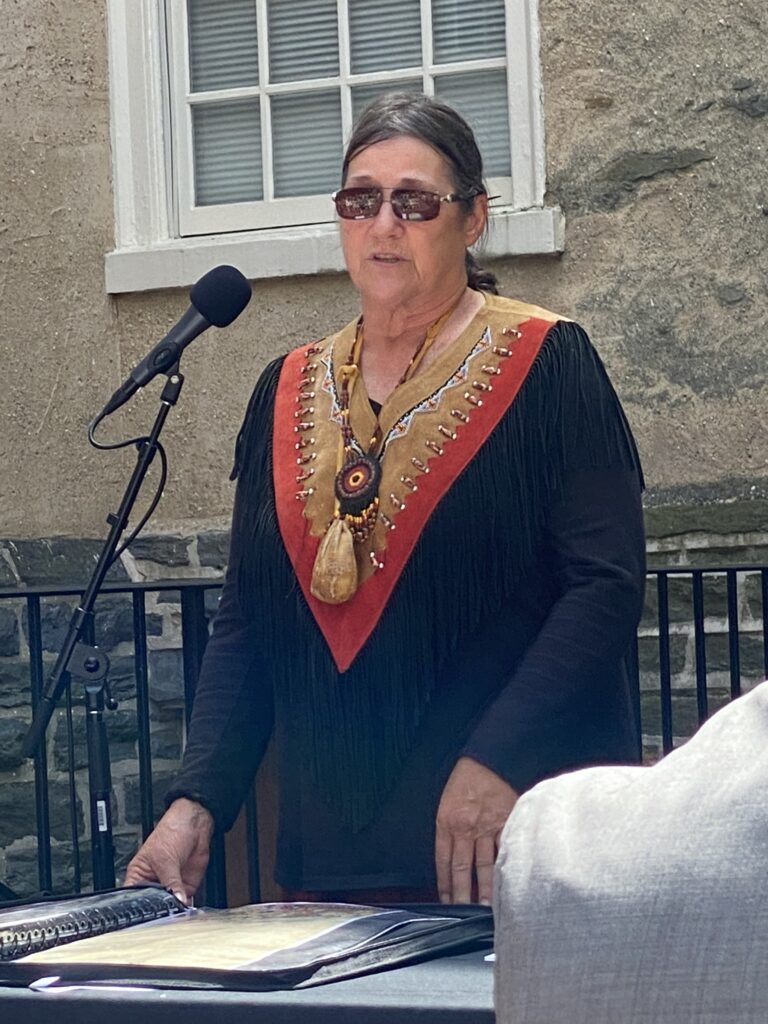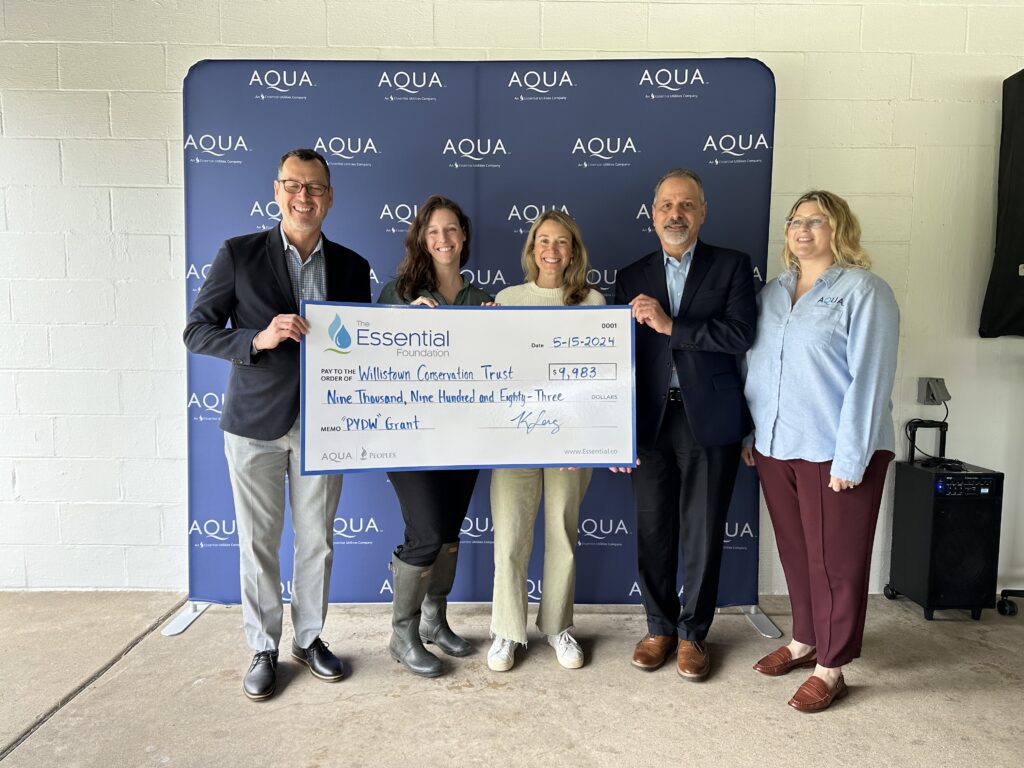
Willistown Conservation Trust (WCT) was recently awarded $9,983 to address water quality monitoring in the Ridley and Crum Creek watersheds thanks to a new grant partnership between Aqua and the Pennsylvania Environmental Council (PEC). Aqua’s “Protect Your Drinking Water” grant program was designed to fund watershed protection and education projects that address pollutants of concern to public water supplies, such as fertilizer runoff, road salts, and bacteria. This inaugural year focused on upstream areas of the Chester, Ridley, and Crum Creek Watersheds in Delaware and Chester Counties, benefitting Aqua customers in those communities.
The goal of the program is to raise awareness of and engage new partners in source water protection, which is the first barrier against contamination of public water supplies. Effective source water protection helps reduce public health risks and water treatment costs, among other benefits to communities and the environment. PEC’s Water Team will administer the new grant program in partnership with Aqua, an Essential Utilities company, thanks to a generous donation through the company’s Essential Foundation.
Since 2017, WCT’s Watershed Protection Program’s monthly water chemistry sampling protocol is designed to capture the variability and rapid change in water quality in small order streams as a result of human activity. This research helps us to understand how human actions on the landscape impact the quality of local waterways and make targeted recommendations within the community to foster high quality water for all downstream users. Funding will provide support for another year of monthly water chemistry data collection at 10 sample sites sites and the publication of an updated State of our Streams Report to educate and engage streamside landowners in the headwaters of Ridley and Crum Creek.
The WCT’s Watershed Protection Program has meticulously examined how human activities upon the landscape influence water quality. Water chemistry is an excellent tool to rapidly gain an understanding of what is happening in the stream, and this research is targeted to capture the potential changes across the watershed and over time that exists in small headwater streams.
Small order streams and wetlands are at high risk for degradation due to development pressures, stormwater runoff, and climate change, which can lead to overall decrease in system health. These small, often overlooked streams serve as the lifeblood of larger river systems, playing a vital role in regulating water flow, filtering pollutants, and providing habitat for diverse aquatic species. Headwater streams also contribute significantly to the overall health of watersheds, influencing water quality and nutrient cycling downstream. Understanding the ecology of headwater streams helps in the assessment of the impacts of human activities, such as land development and climate change, on freshwater ecosystems. By studying headwater stream ecosystems, we are able to gain insights into fundamental ecological processes and develop strategies for protecting and restoring these essential habitats.
As WCT continues to learn and share more about the baseline of Ridley and Crum Creeks, we are able to foster environmental awareness among local residents by highlighting the connections between human activities, land use practices, and water quality. Residents can learn about the impacts of pollution, urbanization, and other factors on stream ecosystems, empowering them to make informed decisions and advocate for environmental protection and conservation efforts.
Studying water chemistry offers multifaceted benefits for environmental protection, scientific research, water management, public health, and education. By comprehensively understanding the chemical characteristics of water sources, WCT’s community can work collaboratively to address complex water challenges and promote sustainable water resource management practices for all downstream users. WCT believes that we can all work together to improve the health of our shared drinking water sources. Life depends on it.
WCT is pleased to be among an esteemed group of grant recipients working to protect and restore our local watersheds.
In addition to WCT, other grantees include:
Chester-Ridley-Crum Watersheds Association: To install a demonstration rain garden in Upper Providence Township with community volunteers and lead an outreach campaign to educate other landowners on mitigation strategies for stormwater runoff.
Natural Lands: For the creation of a permanent deer exclusion area within the floodplain of Crum Creek at Hildacy Preserve to improve the ecosystem and water quality benefits of the site, which will serve as a public showcase of best management practices for floodplain restoration.
Colonial Pennsylvania Plantation: To host educational programming along Ridley Creek to empower youth to make connections between past, present, and future while learning to be good stewards of the land and water resources in the area. Programs in the “Colonial Creek Learning Series” will include a STEM camp, a Back-to-School Science Day, and a community-wide Streams Learning Day.
To learn more about WCT’s Watershed Protection Program, visit https://wctrust.org/watershed/.
About Pennsylvania Environmental Council:
Founded in 1970, the Pennsylvania Environmental Council (PEC)’s mission is to protect and
restore the natural and built environments through innovation, collaboration, education, and
advocacy. We work closely with government, business, nonprofit, and community stakeholders
to advance our shared goals in energy and climate policy, trail development and outdoor
recreation, watershed protection and restoration, reforestation, and conservation-focused
economic development. PEC is active throughout Commonwealth, with regional offices in
Philadelphia, Pittsburgh, State College, and Dallas, PA. Learn more at pecpa.org.
About Aqua Pennsylvania:
Aqua Pennsylvania serves approximately 1.5 million people in 32 counties throughout the
Commonwealth of Pennsylvania. Visit AquaWater.com for more information or follow Aqua on
Facebook at facebook.com/MyAquaWater and on X at @MyAquaWater.

